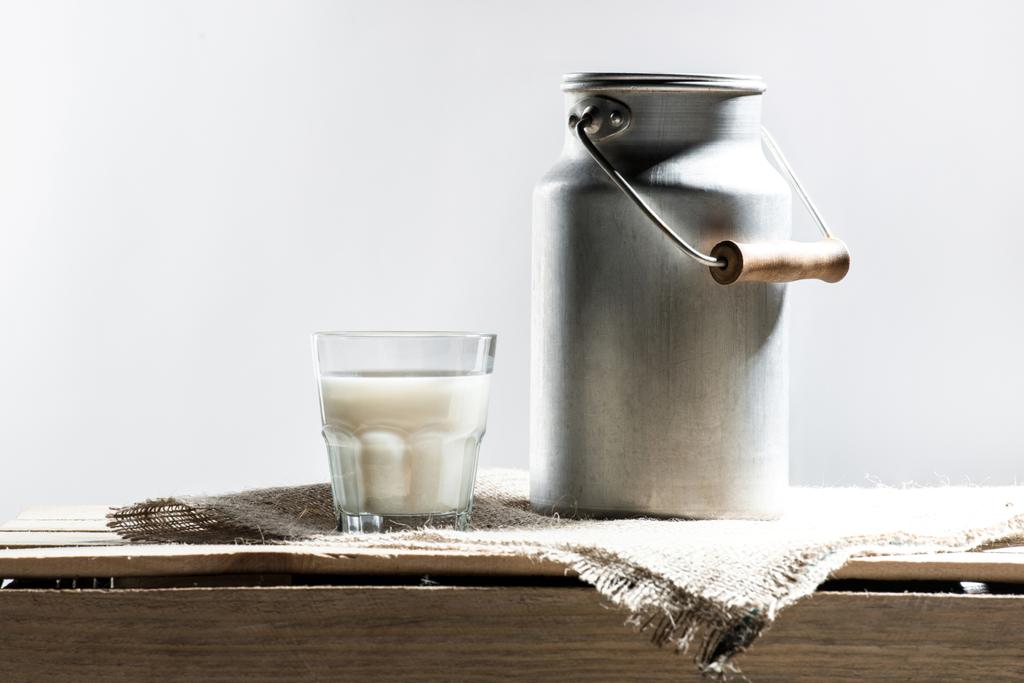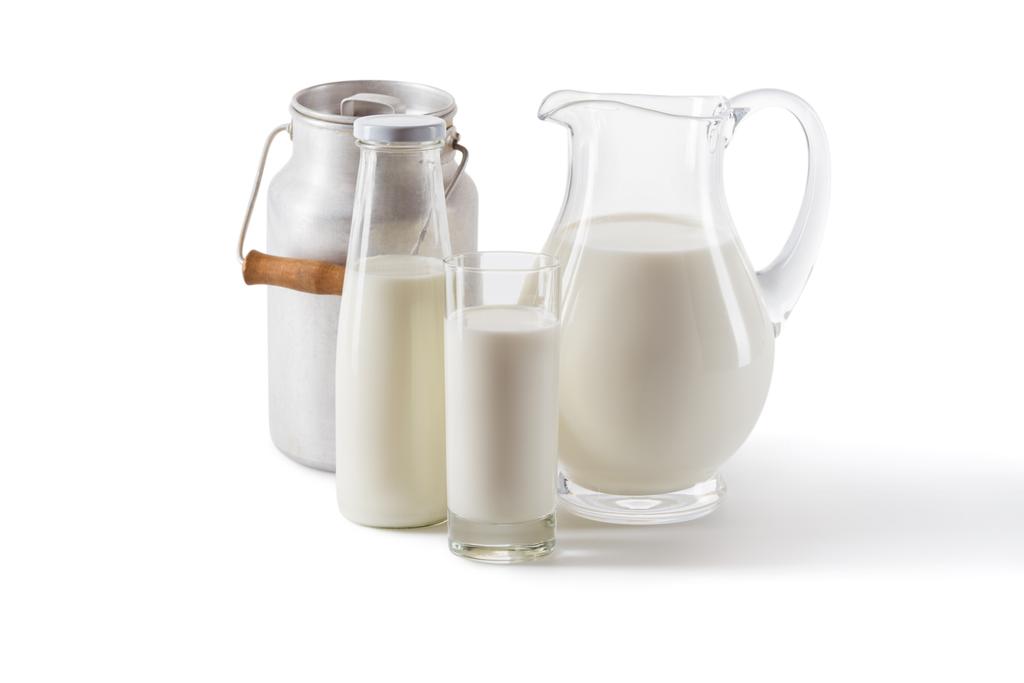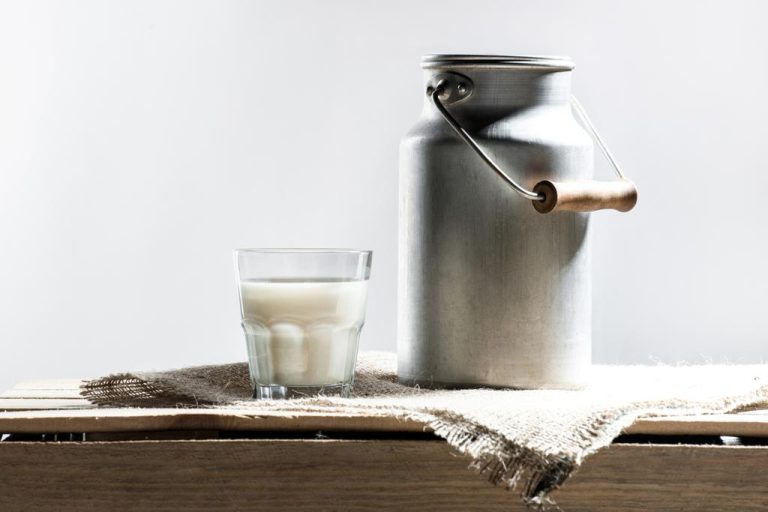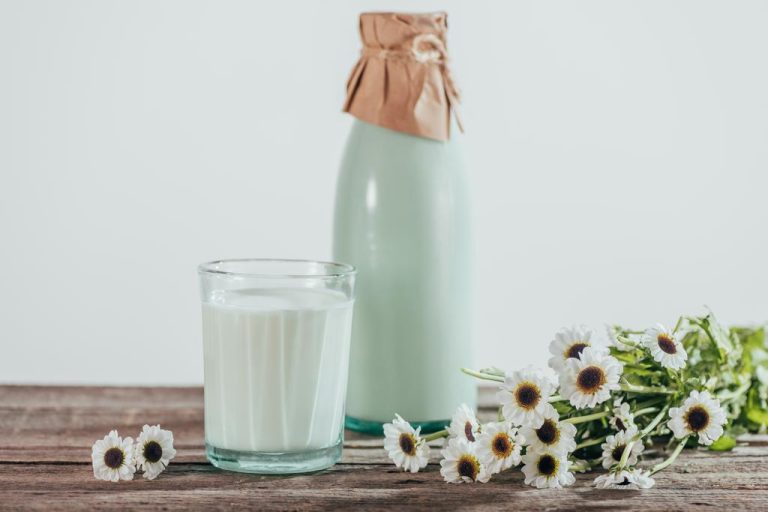Young parents are often unsure whether babies are allowed to drink cow’s milk. We will show you whether cow’s milk is suitable for infants.
Can infants drink cow’s milk?
The first year of life for an infant consists of three feeding phases:
At first, your baby only feeds on breast milk or industrially produced infant formula.
In the course of this, the mashed food or complementary food also follows.
Finally, the toddler gradually participates in the family dinner.
Caution: Infant formula should not be made from cow’s milk or other types of milk.
Note: Make sure you only give your baby pasteurized or highly heated cow’s milk. As in pregnancy, you should bear in mind that raw or processed milk can contain dangerous germs for the child’s immune system.
Can baby food contain cow’s milk?
Children need numerous important nutrients for healthy development – including sufficient calcium, protein and iodine suppliers. Numerous plant-based foods, but also milk and dairy products can provide these nutrients. With supplementary food, you can use small amounts of cow’s milk or yoghurt, up to 200 milliliters per day, to prepare a milk-cereal porridge. Of course, you can also prepare the porridge with breast milk or formula milk.
Note that cow’s milk does not replace breast milk or infant formula, even during complementary feeding. Babies and children can be allergic to cow’s milk, if in doubt consult your pediatrician or midwife.
Note: When buying cow’s milk, pay attention to the organic seal or the seal for mother-tied calf rearing. In this way you ensure that the calves are also supplied with the necessary nutrients through their own breast milk.




